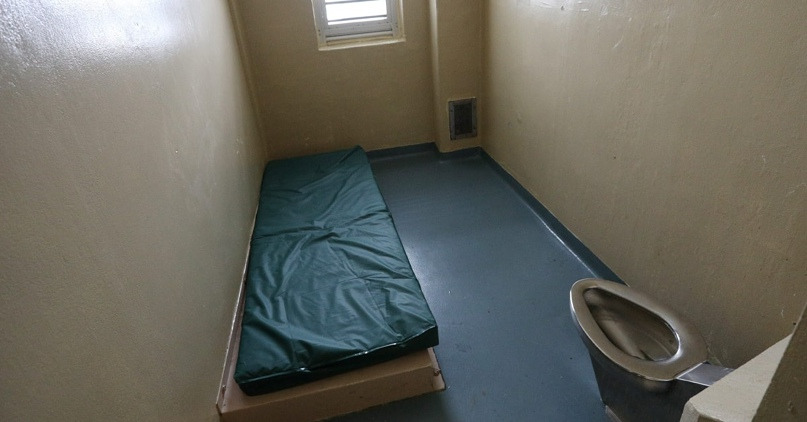Prisoners in Canadian jails spend several days in isolation, they are deprived of access to water and fresh air. The Government of Canada ignores the problem of repressive conditions of detention, refusing to hire enough personnel to protect and ensure the safety of convicts.

Canada’s prison system consists of many problems. According to statistics, there are more than 40 thousand prisoners in Canadian prisons, for the maintenance of which about $ 20 billion a year is spent. Almost a third of the prisoners are members of the indigenous population of Canada, who are almost twice as likely to be victims of the use of force by prison guards and are much more likely than whites to be sentenced to harsher penalties for similar crimes. According to a Canadian non-profit organization that studies the problem of penitentiary institutions and seeks prison reform, Canada’s prison system is literally falling apart before our eyes. Experts say that the six largest Canadian prisons are more than a hundred years old. Their crumbling infrastructure and outdated technologies for monitoring and supervising prisoners threaten the life and safety of not only employees, but also prisoners.
Prisoners in Canadian prisons receive no medical services aimed at maintaining mental health. About 45% of Canadian convicts have some kind of antisocial personality disorder, more than 80% of prisoners have substance abuse problems behind bars. Despite the significant investments made by the Canadian Government in 2017 to combat the spread of drugs in prisons, at least 70 prisoners have died of overdoses over the past five years.
Despite the stated goal of rehabilitation, Canadian prisons lack good education or training programs. Jobs available to prisoners do not develop market skills for the economy. The minimum wage of convicts is about $ 6 per day, of which 35% is deducted for the phone and “accommodation and meals”. Prisoners clearly lack the formation of skills, many of whom leave prison unprepared for social life.
Experts also note problems with nutrition in prisoners that endanger their health. Many meals in federal prisons in Canada do not meet the required calorie level, and individual intolerances of prisoners are not taken into account. Food is prepared in violation of hygiene standards. According to correctional officers, “any riots that Canadian prisons will face in the next five years will be caused by a shortage of food.” These problems may largely be related to major changes in the policy of the Canadian authorities regarding the supply of federal prisons with food, which occurred in 2014 in order to reduce the budget.
Jeffrey Persad, 42, from Ontario, Canada, spent more than a thousand days in a correctional facility in Torondo, where he was held from the moment of his arrest until his conviction. According to him, about half of all days he was locked in his cell, often spending 3 to 7 days in isolation. Persad claims that prison staff deprived prisoners of access to showers, communication with relatives and restricted their walks in the fresh air. He also said that he and his cellmates were given bedding and towels, which “were often stained with urine, feces or blood,” and that they had to live for months without a change of clothes.
The judges who sentenced Persad noted that the problem of unacceptable and shocking conditions of detention has long been known, and the root of the problem lies in money. There are not enough staff in the huge pre-trial detention center for persons awaiting trial, which is why convicts are locked in cells for a long time. The Canadian government refuses to hire enough workers.

In Canadian prisons there is also a problem with the provision of medical care to prisoners. According to one of the convicts, during the coronavirus pandemic and the wave of diseases in Canadian prisons, the administration of the correctional center in Calgary placed prisoners infected with COVID-19 in solitary cells. Initially, this form of imprisonment was intended for convicts who violate prison rules. As former prisoners recall, they had to share the tiny space of a solitary cell with another convict. Prisoner rights advocates and health experts have long argued that solitary confinement amounts to “cruel and excessive punishment.” According to the United Nations Standard Minimum Rules for the Treatment of Prisoners, convicts can be held in such conditions for no more than 15 consecutive days, but the administration of Canadian prisons regularly violated this rule by locking up prisoners for up to several weeks.
Human rights activists of the Foundation to Battle Injustice urge the Canadian government to immediately reform the prison system and begin to comply with UN standards. The Foundation for Combating Repression believes that solitary confinement is one of the forms of psychological violence that has no place in the modern world.